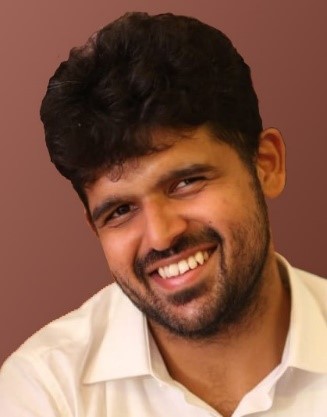Japan’s Nuclear Future
In the aftermath of North Korea's second nuclear test and the launch of three short-range missiles on May 25, 2009, followed by the launch of seven ballistic missiles into the Sea of Japan on July 4, there has been widespread speculation on Japan's principled position on non-proliferation and disarmament and whether it will abandon its nuclear abstinence and acquire nuclear capability. This possibility has been echoed recently by the US Secretary of State Hillary Clinton and Defense Secretary Robert Gates.
- Reshmi Kazi
- November 2009








